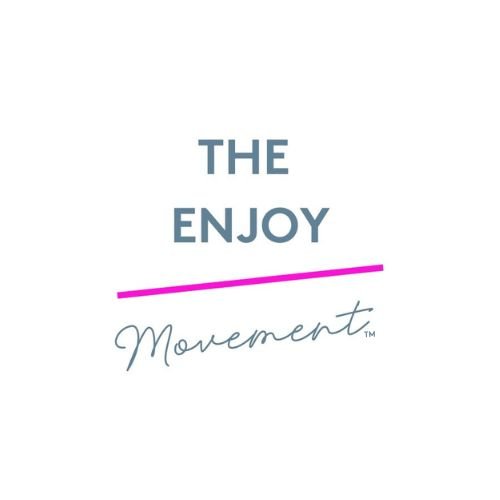Listening to your body for feel good fitness
Exercise is one of the many tools we are currently using to help us cope with the mental and physical strain of the current situation. According to ONS Survey data*, about half of us (52%) find exercising outside is helping us cope, whilst almost one in three of us (31%) find indoor workouts beneficial. The feedback I have had on my online classes is that they have become a fundamental part of our client’s daily lives, helping them feel connected, energised and feeling good.
It is wonderful how many of us are now recognising the immediate rewards that online exercise can bring. There is a lot of research to support that connecting with how exercise makes us feel, rather than extrinsic, long term goals such as losing weight, getting a perfect body etc, helps us embrace an active life for the long term.
For years, the narrative in the fitness industry has been to use exercise as a weight management tool and the focus has been on an aesthetic ideal to get a perfect body. The very word ‘fitness’ can feel intimidating and can have negative associations for many people. The prevailing message for too long has been that we should exercise to burn calories, to lose weight and to make amends for what we have eaten.
How brilliant that now we are really connecting with more intrinsic and motivating reasons to exercise. I have long held the belief that if we can connect with the non-aesthetic rewards we get from exercise, a lot more people would be able to make it a sustainable part of their lives. If you know that going for a run relieves tension and you’ll feel 100 times better afterwards, then for most people, this is much more likely to result in you getting your trainers on than the long term desire to be a smaller dress size.
I am really pleased that the focus is starting to shift to exercising because it helps you feel good. Even just a few minutes movement will energise you and help you cope with the additional stress and overwhelm of the current situation. If you are feeling sad, tired, lethargic, stressed, foggy-brained or anxious then exercise will generally be a really positive thing to do and will help flip those feelings to more positive ones.
Crucially though, the exercise you choose to do is also important. I am a big fan of intuitive movement and exercising in a way that nourishes and feeds your body and mind. Listening to your mental and physical cues to help you decide what movement you need, on any specific day, really helps create a sustainable habit. This helps us see exercise as a reward and an opportunity for self-care.
I think this is particularly important right now. The current situation is emotionally and physically draining so sticking to a strict training regime might not be the thing you need right now. Remember to check in with yourself every day. What does your body need right now? Some days I know a run with my headphones on will relive the stress and other days I feel physically and emotionally drained and my body needs some thing more gentle like yoga or a walk in the forest.
It’s great to have a plan of what your week of movement is going to look like, so you’re consciously carving out time for exercise. But listen to your body and be prepared to be flexible and adaptable so that exercise supports and nourishes you. If you’d like to speak to a qualified personal trainer for some tips please feel free to get in touch.
*Office for National Statistics
Opinions and Lifestyle Survey (Cobid-19 Module) 17-27 April 2020
